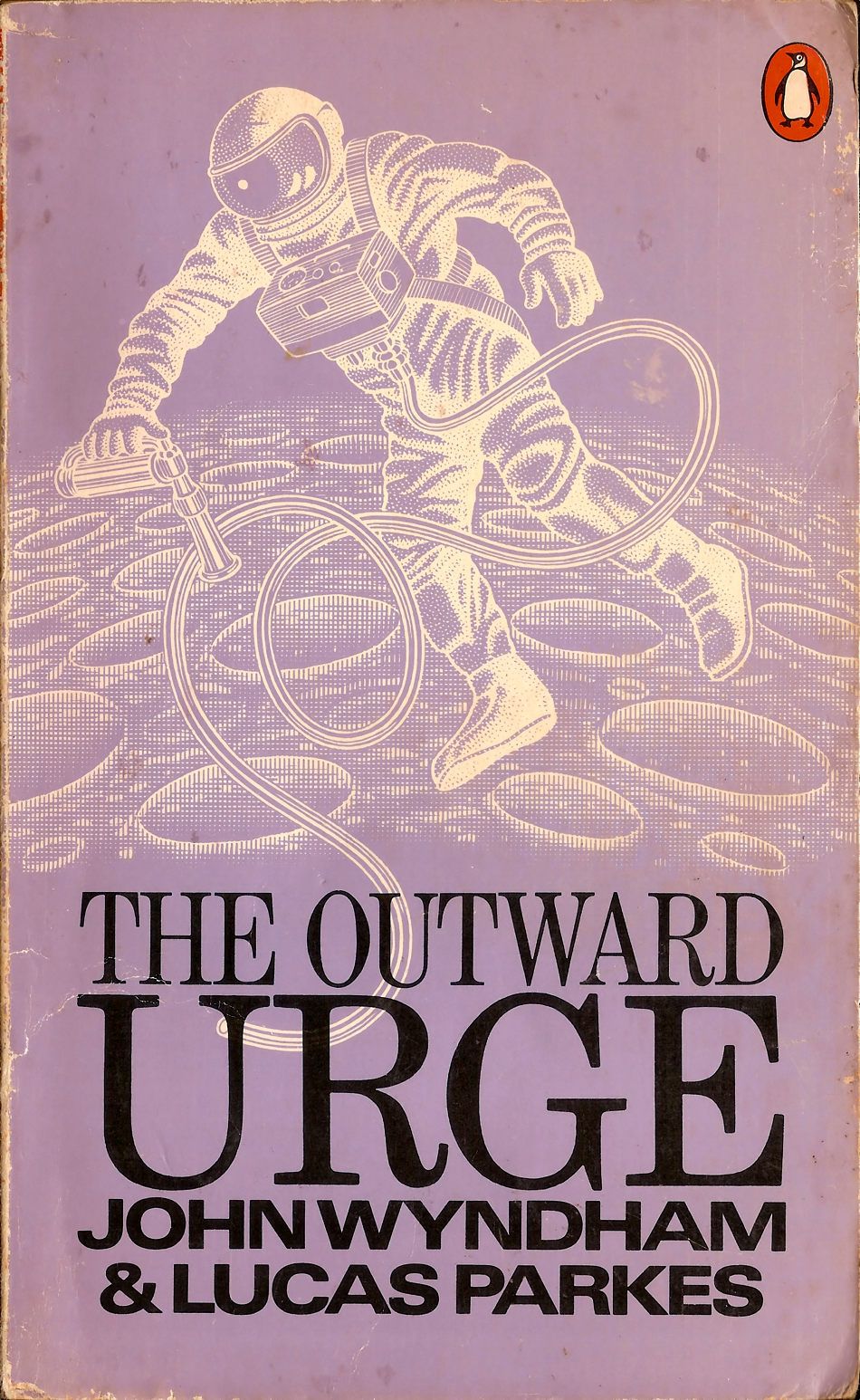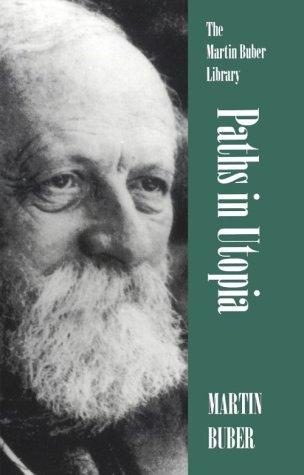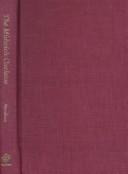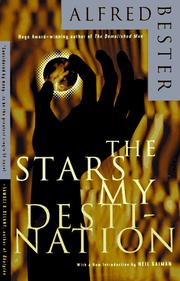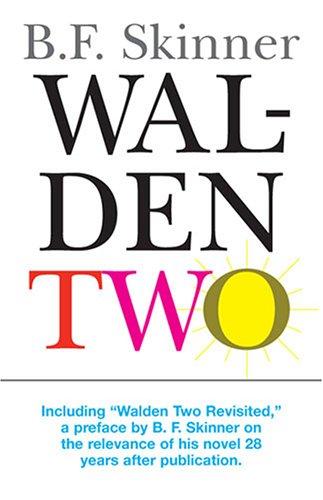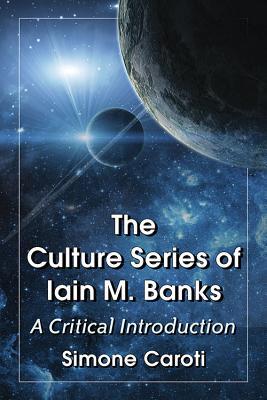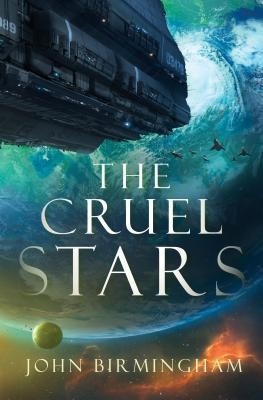Allen Shull reviewed The Outward Urge by John Wyndham
Generational SF, but Limited
3 stars
Having now read this, I can see why it’s not listed as one of Wyndham’s classics, especially mere days after reading The Midwich Cuckoos.
However, there’s good stuff here. It’s a generational, in the same way that Cixin Liu would much later do much better. From 1959, it’s limited by an understanding of certain technical aspects, but those don’t really matter, because Wyndham doesn’t really care about the different kinds of Venusian life.
Most of the focus is on the relentless drive the characters have—the eponymous “outward urge.” That’s what makes it both grounded “hard” SF and also space opera: these are what test pilots are like, but also the numinous sense of the grander scale of the universe is indeed operatic.
If I were Wyndham’s editor, though, I’d say, “John, great stuff here, but it needs to be more than a fix-up book. And I don’t mean ‘just …
Having now read this, I can see why it’s not listed as one of Wyndham’s classics, especially mere days after reading The Midwich Cuckoos.
However, there’s good stuff here. It’s a generational, in the same way that Cixin Liu would much later do much better. From 1959, it’s limited by an understanding of certain technical aspects, but those don’t really matter, because Wyndham doesn’t really care about the different kinds of Venusian life.
Most of the focus is on the relentless drive the characters have—the eponymous “outward urge.” That’s what makes it both grounded “hard” SF and also space opera: these are what test pilots are like, but also the numinous sense of the grander scale of the universe is indeed operatic.
If I were Wyndham’s editor, though, I’d say, “John, great stuff here, but it needs to be more than a fix-up book. And I don’t mean ‘just put frames around things’ like Asimov does. You need to weave these stories together more. That gives not only a greater scope and mission, but also a greater unity—a purpose.”

